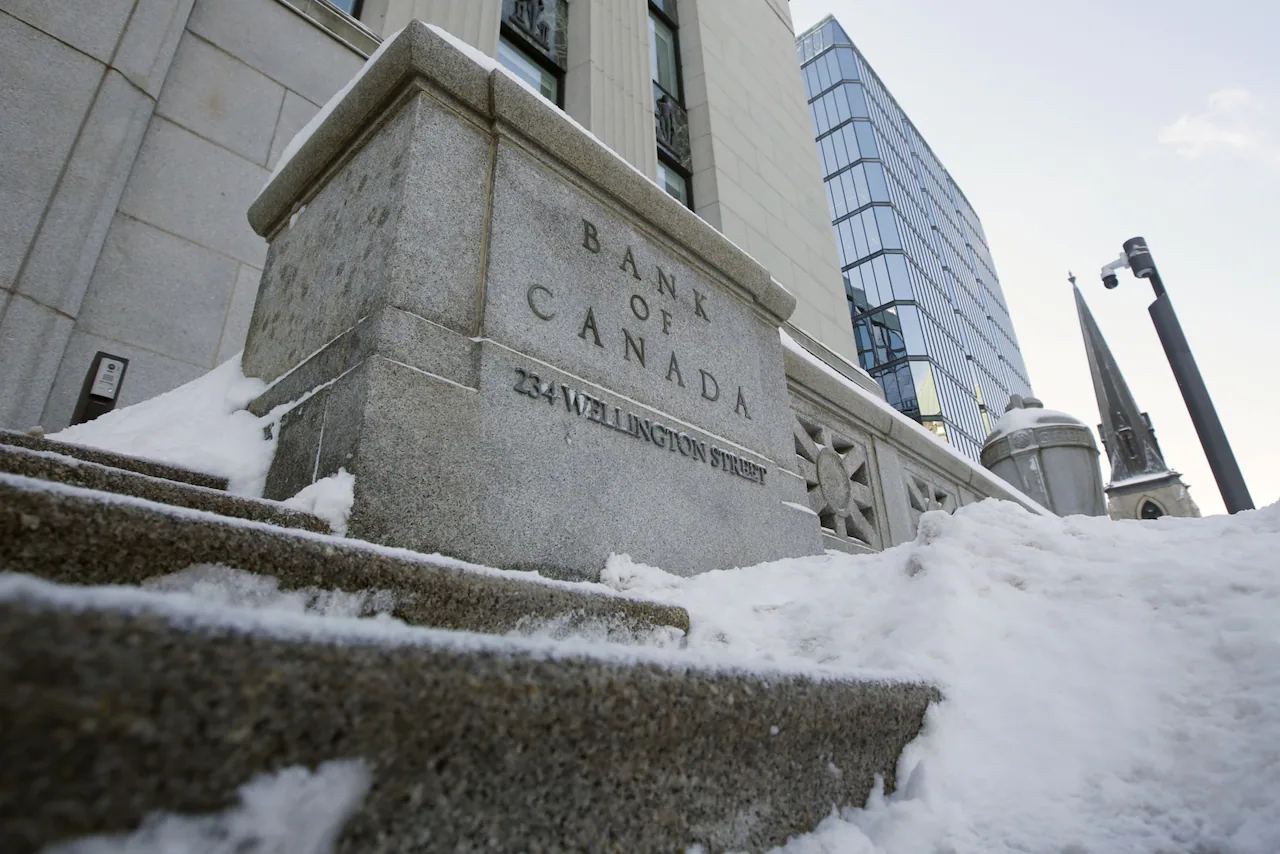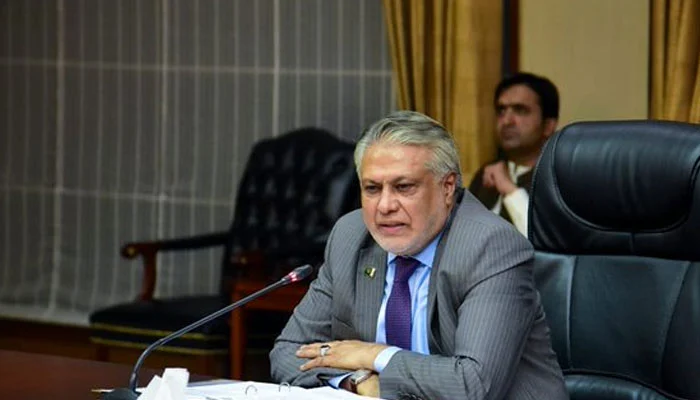Ishaq Dar believes his attempts to revive economy could even ‘surprise IMF’
Canada Global (Web News) Ishaq Dar, the finance minister, claimed on Wednesday…
Bank of Canada holds key rate for the first time in more than a year
Canada Global (Web News) Wednesday's decision by the Bank of Canada to…
Saudi Arabia deposits $5 bln in Turkey’s central bank – statement
Canada Global (Web News) The Saudi Fund for Development (SFD) said on…
IMF team to visit Pakistan from Jan 31 for 9th review discussion
Canada Global (Web News) The IMF's resident representative said on Thursday that…
Dar rejects impression of taking over commercial banks forex reserves
"My comment was largely misunderstood because nothing of the sort will happen,"…
Bank of Canada suffers first loss in history: $522 million
Bank of Canada suffers first loss in history: $522 million.







